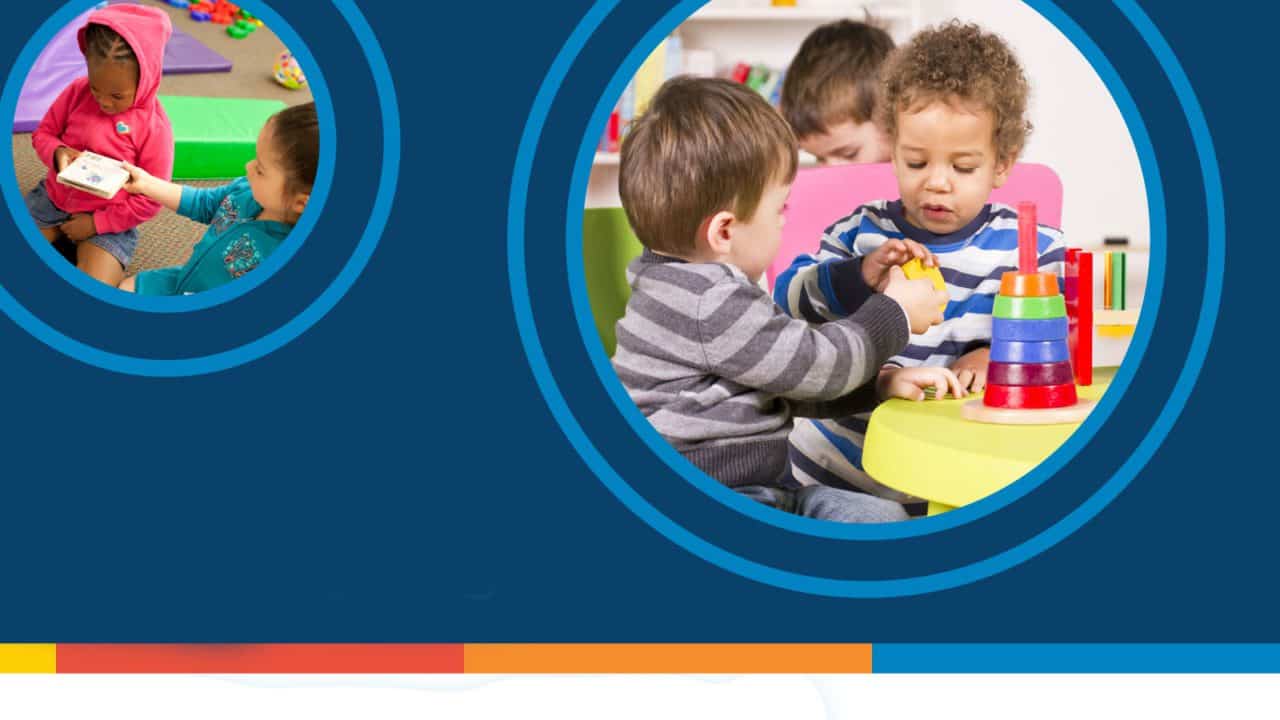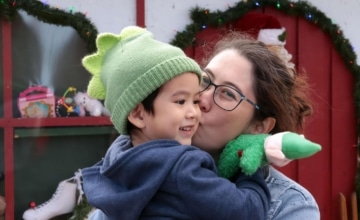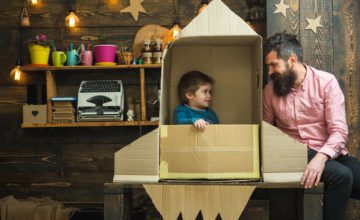You don’t have to wait until your child is 3 years old to start teaching him to share. There is a lot you can do to teach a toddler this important skill. You are the expert on your child. We have expertise in child development. We’re in this together. #ParentForward
Why is learning to share so hard? Children under age 2 are just beginning to understand that other people have their own thoughts and feelings; they are not yet able to see things from another person’s perspective. In addition, the part of the brain that works to control impulses doesn’t kick in until between ages 3 and 4. So children are driven by their feelings and desires; they can’t yet think through how to manage their feelings or stop themselves from acting on their impulses. As a result, when they want something, they just reach out and grab it.
However, you don’t have to wait until your child is 3 years old to start teaching him to share. There is a lot you can do to teach a toddler this important skill:
When you are playing together, model how to take turns. Your little one places a block on the tower and then you add one. At clean-up time, take turns putting the toys back on the shelf. At bedtime, take turns flipping the pages of the book. Through these interactions, your child will experience sharing as part of a positive, loving relationship, setting the stage for turn-taking in other relationships.
Before a friend comes over, let your child choose and put away just a few special toys that that she does not have to share. Then, if possible, provide several of the same kinds of toys (like several trains or musical instruments) so there are enough for everyone.
Comment when children play cooperatively. “I like how you gave Ellie the doll she wanted.”
Offer hands-on support. Let your child know you understand how hard it is to share, but that sometimes sharing is not a choice. Offer alternatives such as helping your child choose another toy while he waits his turn. Be sure each child has enough time to play with a toy before having to give it up, otherwise toddlers might come to see that sharing means never having time to really engage with a toy.
Provide activities that don’t necessarily require sharing. Art projects or playing with water or sand provides opportunities for children to play side-by-side and engage in exploration without the need for lots of turn-taking.
Use a timer to help children know when their turn will come. Young children don’t have a sense of time yet, so providing a visual of time passing can be very useful for some.
As your child grows, include her in problem-solving around sharing. When your child and a friend have trouble sharing, ask for their ideas on a fair resolution. Another good strategy is to have preschoolers work together to solve the conflict. For example, if they fight over a truck, you would acknowledge the challenge: “Uh oh—two boys, one truck.” Then you might explain: “I will hold the truck while you two put your heads together and come up with a plan for how you can share it. Then come to me with your plan; if it’s acceptable, you can have the truck back.” This avoids putting you in the position of referee, and it provides a structure that motivates children to work together on a solution.




